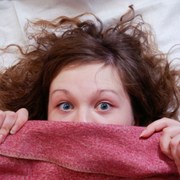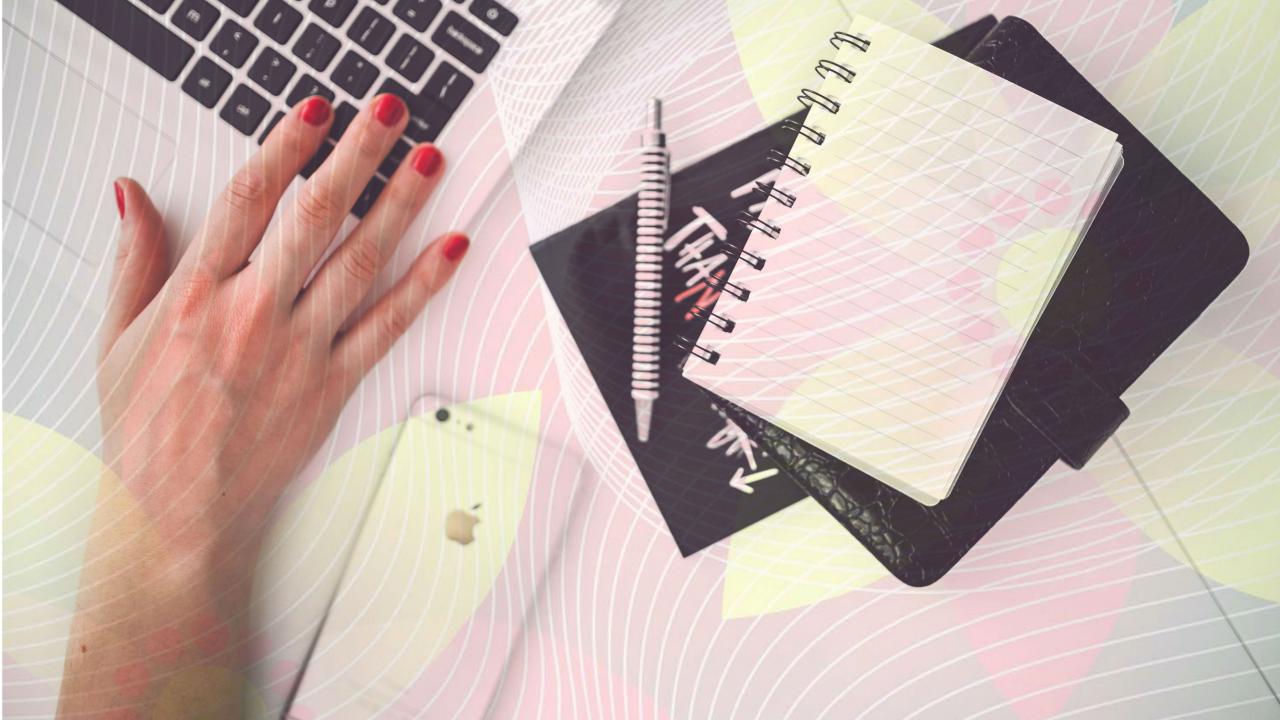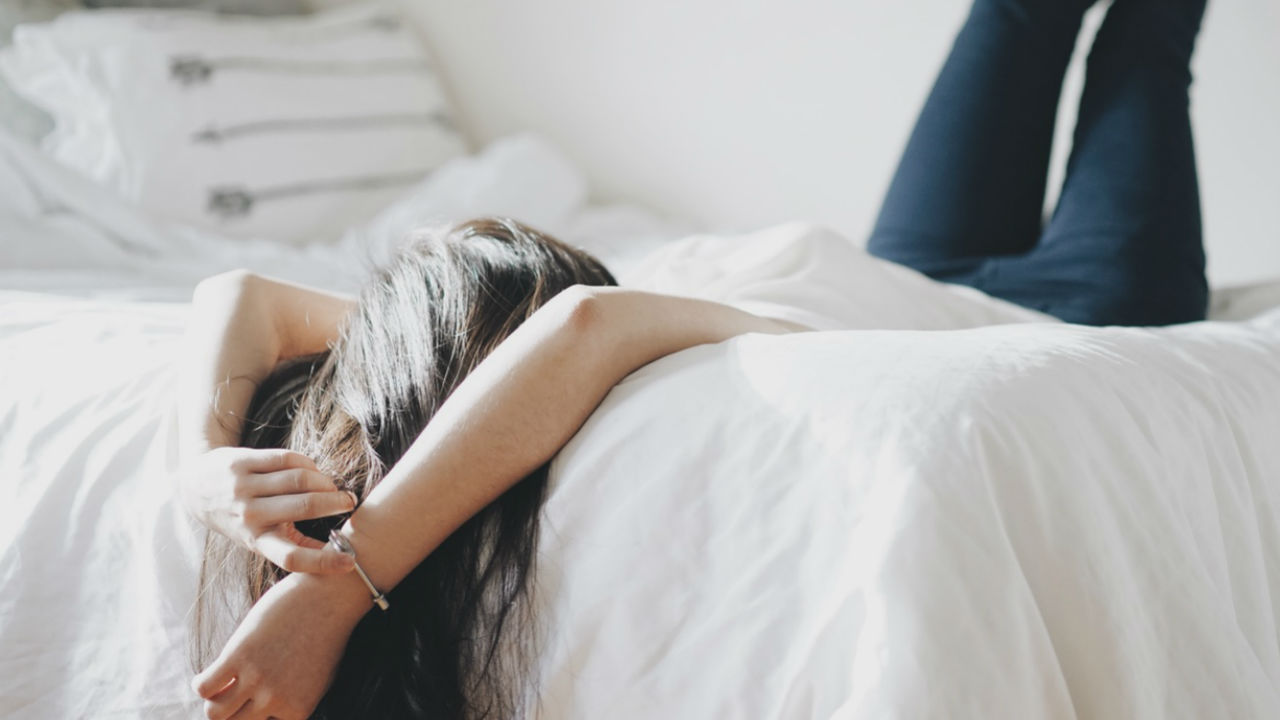 iStockphoto/Thinkstock
iStockphoto/Thinkstock
In small doses, stress can be beneficial — it can be that boost you need to get everything done. But too much can have negative consequences.
For example, someone who is too stressed may find that she is losing her temper more often, or that she is having a hard time focusing. Stress and anxiety can cause physical symptoms as well, such as rapid breathing, dizziness and sweating. It can also cause trouble sleeping.
How do you know if stress and anxiety are interfering in your sleep? Take a look at your bedtime habits. Do you find yourself bringing your worries of the day, such as about your job or daily life, with you into bed? And do you find yourself thinking about these worries right up until you fall asleep?
Having that stress and anxiety with you when you are trying to sleep may make it difficult to fall asleep at night or it may wake you up in the middle of the night. Not getting enough sleep can cause problems with everyday functioning.
To get a good night’s sleep, you will need to manage that anxiety so it does not interfere in your sleep. Several techniques can help you get those nighttime concerns under control.
Better Health Channel recommended having 30 minutes of “worry time,” which is done several hours before going to bed. During this “worry time,” you allow yourself 30 minutes to worry about the things you usually do when you are trying to go to sleep. When those 30 minutes are up (it may be helpful to set an alarm), tell yourself that you are done worrying for the day.
Relaxation techniques can also be helpful for getting nighttime worrying under control. Different options include deep breathing, meditation and guided imagery.
Some of the relaxation techniques for nighttime worrying can also help with muscle tension, such as progressive muscle relaxation and yoga. Try practicing these techniques before going to bed.
If you are finding that your anxiety is bothering you during the day as well and interfering in your everyday activities, it may also be beneficial to practice these relaxation techniques during the daytime as well.
References
MedlinePlus Medical Encyclopedia. Stress and Anxiety. Web. 7 March 2012
http://www.nlm.nih.gov/medlineplus/ency/article/003211.htm
Better Health Channel. Sleep Hygiene. Web. 7 March 2012
http://www.betterhealth.vic.gov.au/bhcv2/bhcarticles.nsf/pages/Sleep_hygiene
University of Maryland Medical Center. Sleep Hygiene. Web. 7 March 2012
http://www.umm.edu/sleep/sleep_hyg.htm
Helpguide.org. How to Sleep Better: Tips for Getting a Good Night’s Sleep. Web. 7 March 2012
http://helpguide.org/life/sleep_tips.htm
Reviewed March 7, 2012
by Michele Blacksberg RN
Edited by Jody Smith





Add a Comment2 Comments
Seven out of ten adults say they experience stress or anxiety daily. Block out seven to nine hours for a full night of uninterrupted sleep, Establish a regular, relaxing bedtime routine. Avoid coffee, chocolate, or nicotine in the evening. Make sure your bedroom is cool, dark, and quiet.
April 25, 2013 - 3:42amThis Comment
Elizabeth, Great article on anxiety! I know about it because I had suffered from it in the past. There are so many causes and so many different ways to deal with it. I like what you said about "worry time" because anxiety is an emotion and needs to be addressed. Spending 30 minutes before bedtime is a great way to acknowledge that emotion then put it to rest.
March 8, 2012 - 9:27amFor myself, I found the best way to deal with it is DBT therapy. It has really helped lower my anxiety levels.
Thanks for the great post.
Donna Merrill
This Comment